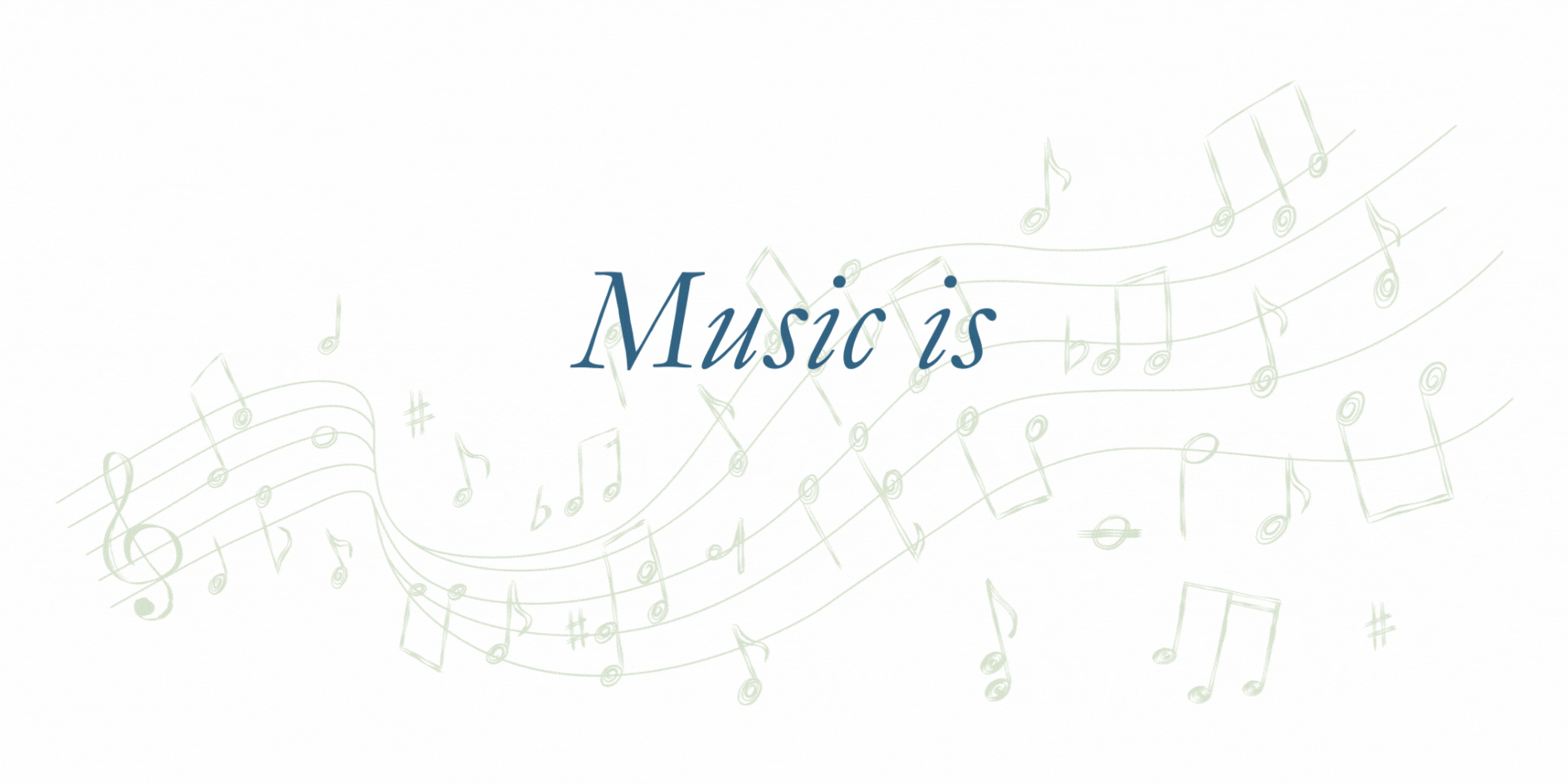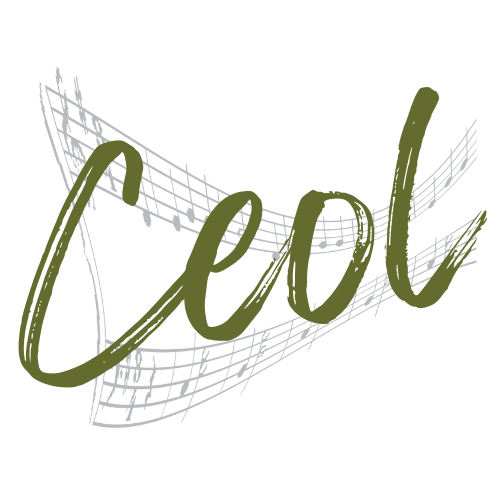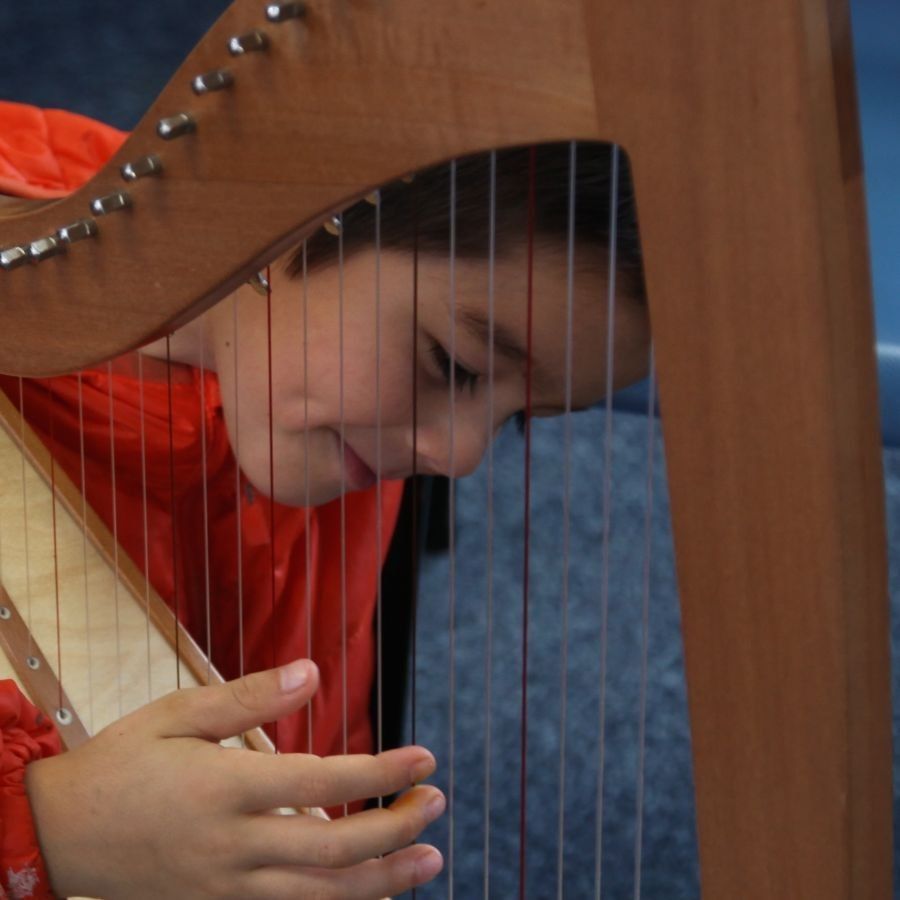
Music is a language
We know this, but what does that really mean?
So if we want to learn music, and music is a language, then it becomes necessary to look at how we learn another language.
Not surprisingly, we don’t learn to talk by reading first or by learning how to pronounce each word as we read it.
Let’s break it down a little.
Music is a form of communication, just like speech.
Like speech, we learn it by hearing it first and then by repetition and imitation. We learn early on to use it to get what we need or want.
From birth, we hear speech and then we learn to use it. We learn to communicate and express ourselves as well as understand others and this skill continues to grow throughout our lives.
The next step is reading and writing. We read out loud to our teacher and to our parents. Later we read the works of others and write pieces for ourselves for varying purposes and in varying styles.
Learning music is like learning to talk, read or write.
As children, we hear music at home and in our lives. Like speech, we might naturally learn to imitate it, then learn to use it to express ourselves, and a bit later, learn to read, write, and create it.
Music becomes then a medium for expression and communication, and we develop these skills throughout our musical lives. Therefore there is no place for the idea that “I have no musical talent”! Do we say we can’t talk? It is just a different skill set. Once we are past that, (and to be honest, most children get past that fast!) we’re on our way!
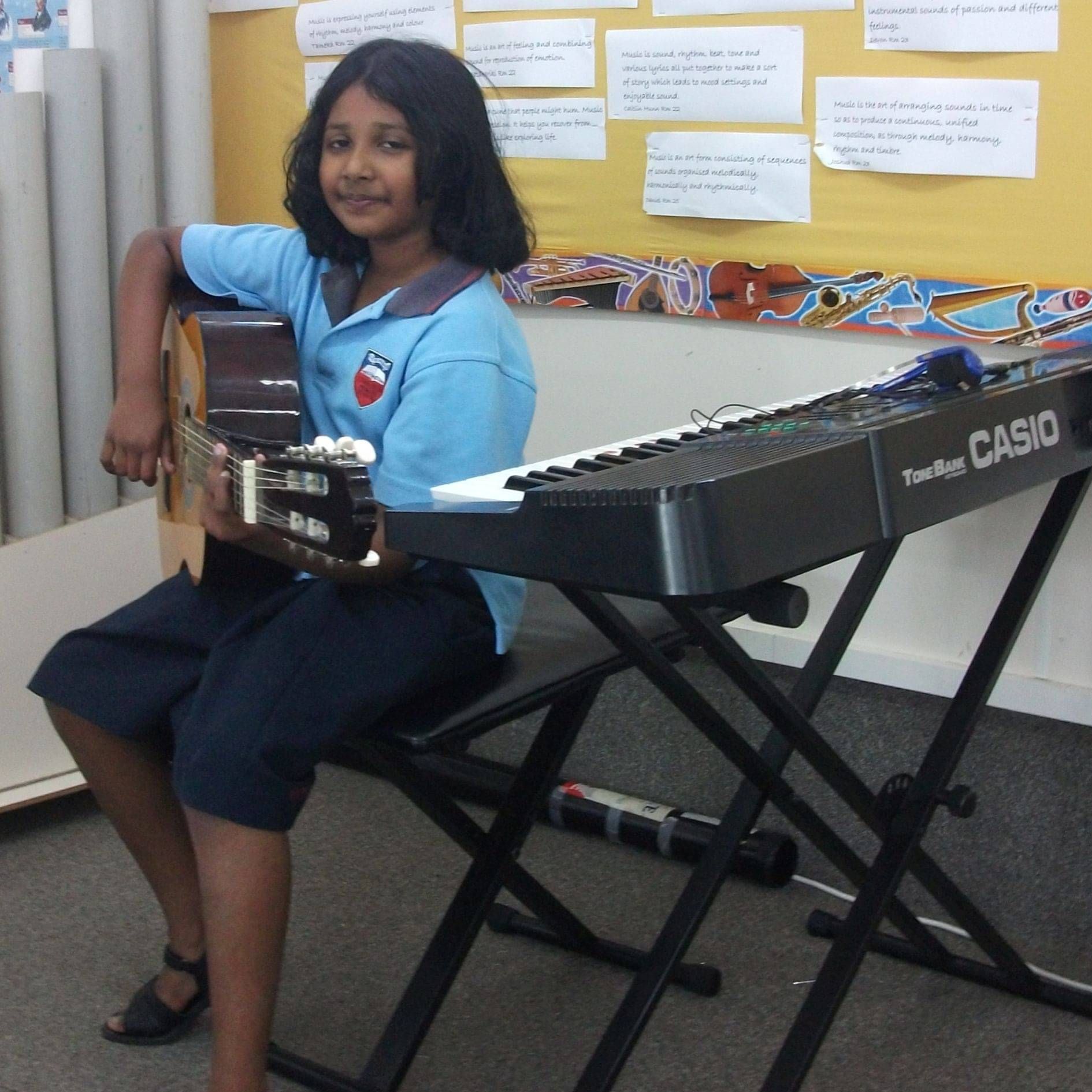
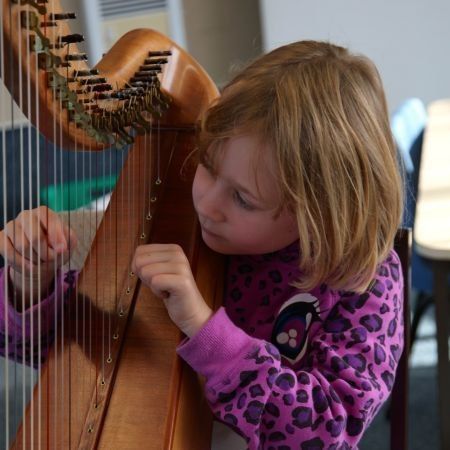
First, not surprisingly, we learn to listen, and repeat
At the Children’s Music Centre, we begin by learning the skills of communicating with music.
We also explore instrument sounds, body percussion, rhythm, and song.
Like all oral language, we slowly begin to read and write music.
We begin to learn form and write and play our own compositions.
Sometimes we work on a composition for a while, (comparable to preparing a speech) and sometimes we improvise (like a conversation).
Academically and cognitively, the program is balanced with both left and right brain skills exercised regularly, i.e. both creative and emotional; intellectual and practical skills practiced regularly. In this way, the synapses develop equally and mature in a balanced way.
Learning with the Children's Music Centre, these skills are developed through the years…. because a good musician communicates well through music.
Music is not just about reading and playing the right notes at the right time or perfecting the hand-eye coordination on an instrument.
Like speech, it’s not necessarily what we say, but how we say it which conveys the meaning.
Similarly with music, it’s not what we play, but how we play it.
